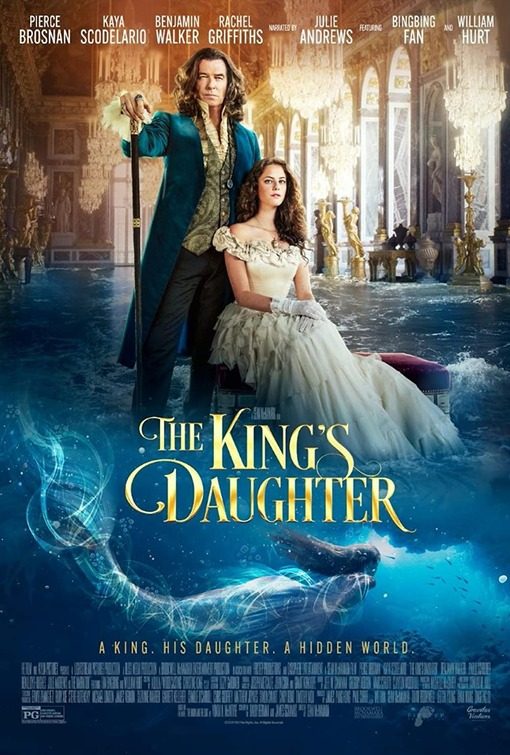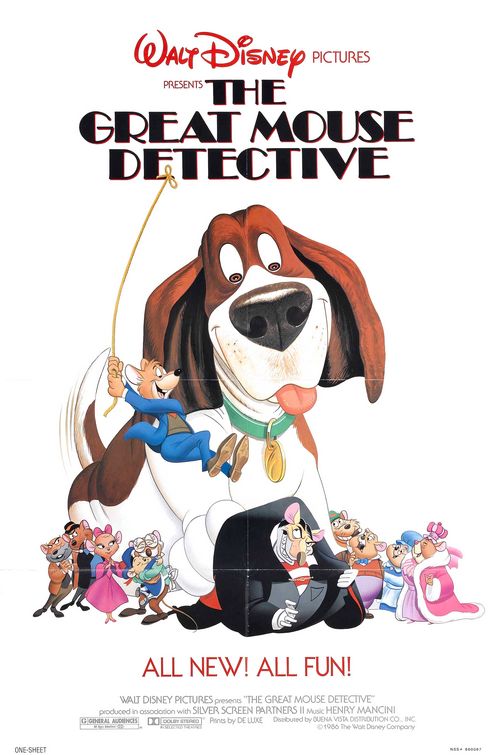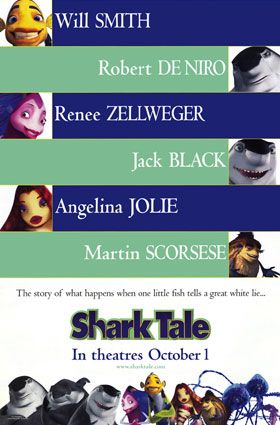"Sensitive Italian Drama Marred by Foul Language and Political Correctness"

| None | Light | Moderate | Heavy | |
|---|---|---|---|---|
| Language | ||||
| Violence | ||||
| Sex | ||||
| Nudity |
What You Need To Know:
THE LIFE AHEAD is sensitively directed by Sophia Loren’s son, Edoardo Ponti. It is well acted by Sophia and the boy who lays Momo. The movie makes a plea for love, tolerance and forgiveness. However, it’s marred by some politically correct leftist elements, plenty of foul language and references to Islam, prostitution, cross dressing, and drugs. Incidentally, Momo eventually decides to stop selling drugs, but his decision comes late in the story. So, MOVIEGUIDE® advises that the Italian movie THE LIFE AHEAD is regrettably excessive.
Content:
More Detail:
In THE LIFE AHEAD, film legend Sophia Loren returns to Italian cinema playing an elderly Holocaust survivor in an Italian port who reluctantly takes care of a 12-year-old orphaned Muslim boy who recently tried to rob her and who’s started selling drugs for a local two-bit drug lord.
The boy, nicknamed Momo, short for Mohammed, was being taken care of by Rosa’s doctor, Dr. Coen, a kindly man who believes Momo needs a woman’s touch. He forces Momo to apologize to Rosa for stealing her purse and to give it back to her. For years, Rosa’s been taking care of some of the local children who’ve been abandoned by their prostitute mothers, some of whom are addicted to drugs. Rosa, a “retired” prostitute herself, is currently taking care of two such children, a cute toddler named Babu and a Jewish boy named Iosef. Rosa reluctantly accepts Dr. Coen’s offer to pay her some money regularly for taking care of Momo in her apartment.
Momo isn’t happy about staying with Rosa and her two young foster children either, however. He also gets into minor tussles with Iosef. Meanwhile, Momo’s drug boss has given Momo the whole local territory because he’s doing so well selling the drugs. Momo even buys a bicycle with his ill-gotten gains, which only helps him make even more drug money.
Momo finds out that Rosa has a little refuge in the basement of the apartment building where they live. The refuge contains things from Rosa’s past that give her comfort in her old age. Iosif calls the refuge Rosa’s “batcave.” Momo is touched by this. His heart’s also softened when Rosa arranges for Momo to work in a small store run by a local Muslim businessman, Mr. Hamil. Hamil helps Momo get in touch with his Muslim roots by having hm help repair a Muslim rug featuring a large picture of a lion. Hamil says that, in the Qur’an, the Muslim holy book, the lion symbolizes power, patience and faith. “Faith is like love,” he adds. As a result of this conversation, Momo starts having dreams of a lioness, which seems like a metaphor for Madame Rosa.
A frequent visitor to Rosa’s apartment is her neighbor “Lola,” a male sex worker who’s gotten breast implants and dresses as a woman (the movie is silent on what other physical enhancements Lola has undergone). Lola is friends with Babu’s mother, a prostitute who’s hopelessly addicted to drugs. The mother’s own father apparently wants nothing to do with his grandchild, but Lola’s trying to soften his attitude.
The maternal refuge of Rosa’s apartment is upset by Rosa’s haunted memories of the Auschwitz concentration camp. Those painful memories starts to cause Rosa to lapse into more frequent catatonic episodes, which seem to be exacerbated by some form of Alzheimer’s that seems to infect her. Rosa confides to Momo that she dreads having to be placed into a hospital, which remind her of the notorious Dr. Mengele’s “experiments” in Auschwitz. This revelation leads to a momentous decision by Momo.
Sensitively directed by Sophia Loren’s son, Edoardo Ponti, THE LIFE AHEAD is obviously a plea for love, tolerance and forgiveness. It features a lively, touching performance by Sophia, and a striking performance by newcomer Ibrahima Gueye, who plays Momo. However, the addition of the transgender character, “Lola,” adds a touch of left-wing political correctness to the story, which has been filmed before and comes from a popular acclaimed novel written by the French war hero Romain Gary under a pseudonym. Gary, who wrote the screenplay for THE LONGEST DAY and was himself Jewish, revealed his authorship in a 1980 suicide note he left one year after his wife, American actress Jean Seberg, committed suicide. In his note, Gary said his suicide had nothing to do with hers. Gary blamed his wife’s suicide on a campaign against her by the FBI, which didn’t like her gift of $10,500 for the violent terror group, the Black Panthers. Both Gary and Seberg blamed the FBI’s harassment for the miscarriage of her second child.
In addition to its LGBTQ political correctness, THE LIFE AHEAD also has a politically correct attitude toward mass immigrant into countries like Italy and toward its Muslim characters. Despite the rampant, well-reported Anti-Semitism in the Muslim community in Europe, this movie would have viewers believe that there are no cultural or religious tensions between Jews and Muslims in Europe, as represented here by the elderly Jewish woman, Rosa, and the Muslim shopowner, Mr. Hamil. In that light, it’s interesting that, in one scene, Momo notices that Hamil is reading the famous French novel by Victor Hugo, LES MISÉRABLES. Hamil falsely tells Momo that the novel’s message is relativism, specifically moral relativism, meaning that there is no good and evil. This is a very strange comment since Hugo’s novel is not only a plea for Christian grace and Christian charity, but also a social and moral plea against poverty, the degradation of women and the mistreatment of children in French society at the time.
THE LIFE AHEAD also has a significant amount of foul language and verbal references to prostitution. The movie presents an implicit criticism of selling illegal drugs, but this message could have been stronger. Momo eventually decides to stop selling drugs, but his decision comes late in the movie.
MOVIEGUIDE® advises that the Italian movie THE LIFE AHEAD is regrettably excessive. Please read our CONTENT section for more information.



 - Content:
- Content: 



